Maidstone Dental & Implant Centre is an experienced and multidisciplinary practice that caters to both NHS and private patients from our beautiful practice in Maidstone. Our mission is to provide exemplary dental care to adults and children by treating patients in the same way we would treat our own families.
Or vision is to offer high quality general and cosmetic dentistry. Here at Maidstone Dental & Implant Centre, our highly trained team aim to provide you with the highest standard of treatment each time you visit the surgery.
A visit to the dentist can involve a lot of different members of staff, from the dentist, to the dental nurse and the hygienist. Each member of the team is integral to the smooth running of the practice, ensuring you receive the high quality of care you have come to expect from Maidstone Dental & Implant Centre.

The dental receptionist is the first person you will meet as you walk through the door and the person you will speak to when you call the surgery. They will welcome you to the surgery and may give you a medical history form to update to ensure that all your details are correct prior to any treatment. They oversee the appointment book, so are responsible for booking appointments and will also take payment when you finish a course of treatment. The receptionist strives to ensure you feel welcome and relaxed prior to seeing the dentist or other members of the dental team.
Dental nurse
The dental nurse assists the dentist in the surgery and also performs all the processes in the decontamination room. This includes preparing the surgery at the start of the day, sorting out work to go to the laboratory, sterilising instruments, mixing materials, taking notes, and ensuring that patients are put at ease. They work closely with the dentist to ensure that you have the best possible experience when you are in the dental surgery.
Hygienist
Our hygienist is passionate about oral health and will help you to achieve a clean, healthy mouth with minimal discomfort. The hygienist specialises in preventative oral health, focusing on techniques in oral hygiene to prevent gum disease. They will provide thorough scaling of your teeth to remove plaque and calculus and will advise on the best oral hygiene routine to use in between appointments to ensure that your teeth remain in the best possible condition. Finally, the hygienist will also advise on lifestyle factors that can affect your teeth and gums.

It is normally advised that you attend for routine appointments every 6-12 months, as this allows any problems to be identified early reducing the need for extensive treatment.
At your routine appointment, the dentist will:
- Perform a thorough check of your mouth and gums
- Check for the presence of any plaque
- Perform an oral cancer screening
- Check the health of your jaw joints
- Check you bite for health and comfort
- Take x-rays when required to look at the bone levels and health of your teeth
- Discuss your lifestyle and how this can affect your oral health
We are very lucky at Maidstone Dental & Implant Centre to have a highly skilled team of specialists who are able to offer a wide range of cosmetic dental treatments.
The entire dental team are here to ensure that you receive the highest possible level of care each time you attend the surgery. If you have any questions or would like any more information about the treatment you receive in practice, do not hesitate to ask a member of the team who will do their best to assist you.
Call Maidstone Dental & Implant Centre today on 01622 682 029 to book your consultation.



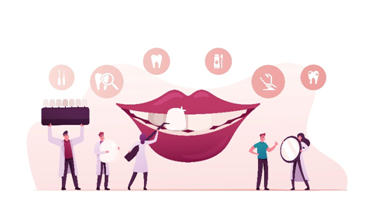
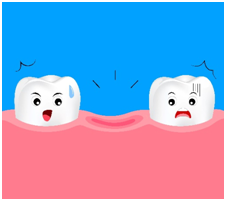
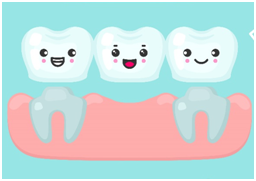 Tooth-supported bridge
Tooth-supported bridge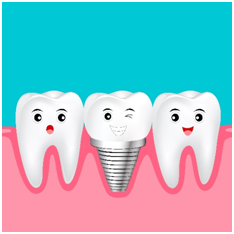 Dental implants
Dental implants
 A loan of £1,000.00 over 12 months would cost you £83.33 per month at a representative 0% APR. The total amount of credit would be £1,000.00, to which we would add £0.00 (0% p.a.). This means the total cost of your treatment after 12 months would be £1,000.00. If you were taking out the loan today, you would pay the first £83.37 upfront, and then eleven payments of £83.33 each month, starting 18 May, and ending in Mar 2023.
A loan of £1,000.00 over 12 months would cost you £83.33 per month at a representative 0% APR. The total amount of credit would be £1,000.00, to which we would add £0.00 (0% p.a.). This means the total cost of your treatment after 12 months would be £1,000.00. If you were taking out the loan today, you would pay the first £83.37 upfront, and then eleven payments of £83.33 each month, starting 18 May, and ending in Mar 2023. If you would like find out more about how our 0% finance options can help you achieve the smile of your dreams, call
If you would like find out more about how our 0% finance options can help you achieve the smile of your dreams, call 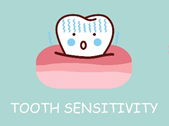
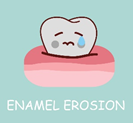 Be sure to only use a medium or soft bristled manual toothbrush or an electric toothbrush. This will make it more difficult to brush too hard. Where enamel has been worn away it may be necessary to build teeth up using
Be sure to only use a medium or soft bristled manual toothbrush or an electric toothbrush. This will make it more difficult to brush too hard. Where enamel has been worn away it may be necessary to build teeth up using 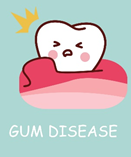 Gum Disease
Gum Disease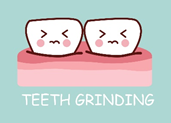 Tooth grinding is often a sign of stress and can occur while you are asleep, so you be unaware that you do it. Over time tooth grinding can wear away teeth, causing them to become sensitive.
Tooth grinding is often a sign of stress and can occur while you are asleep, so you be unaware that you do it. Over time tooth grinding can wear away teeth, causing them to become sensitive.
 Tea
Tea Dark Sauces
Dark Sauces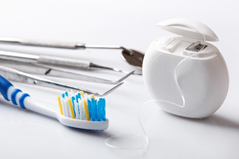 Visit the hygienist
Visit the hygienist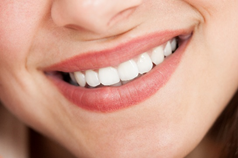
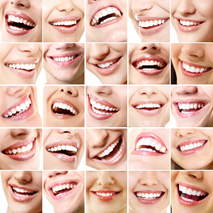 At your consultation the
At your consultation the  Maidstone Dental & Implant Centre
Maidstone Dental & Implant Centre
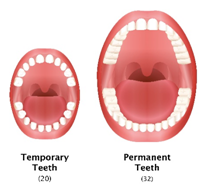 Teeth Development
Teeth Development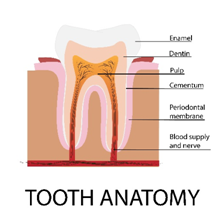 Breakdown of the tooth
Breakdown of the tooth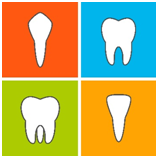 Types of Teeth
Types of Teeth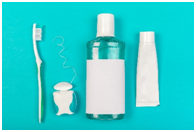 Caring for your teeth
Caring for your teeth
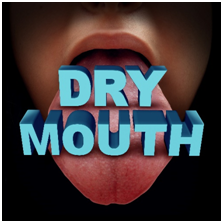 Treatment for dry mouth
Treatment for dry mouth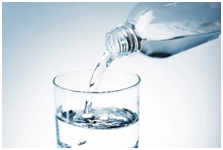 There are also some treatments you can complete at home to help reduce the effects of dry mouth
There are also some treatments you can complete at home to help reduce the effects of dry mouth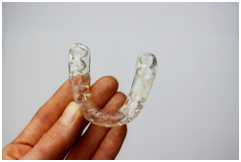
 Floss Daily
Floss Daily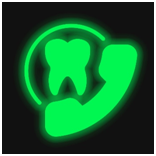 Do not Skip Appointments
Do not Skip Appointments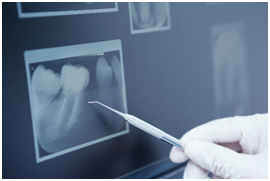
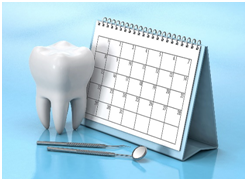 New Patients
New Patients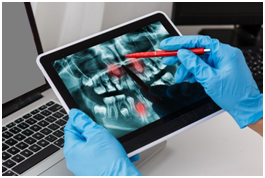 At
At 
